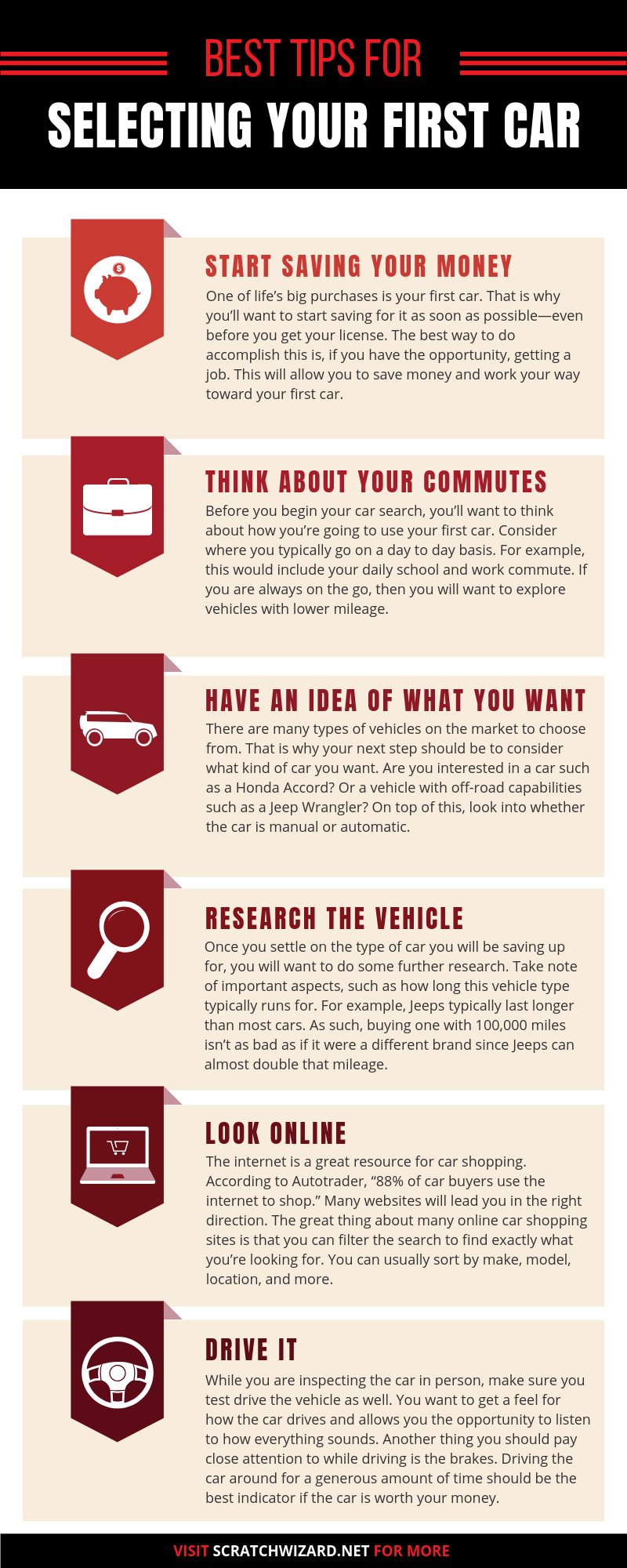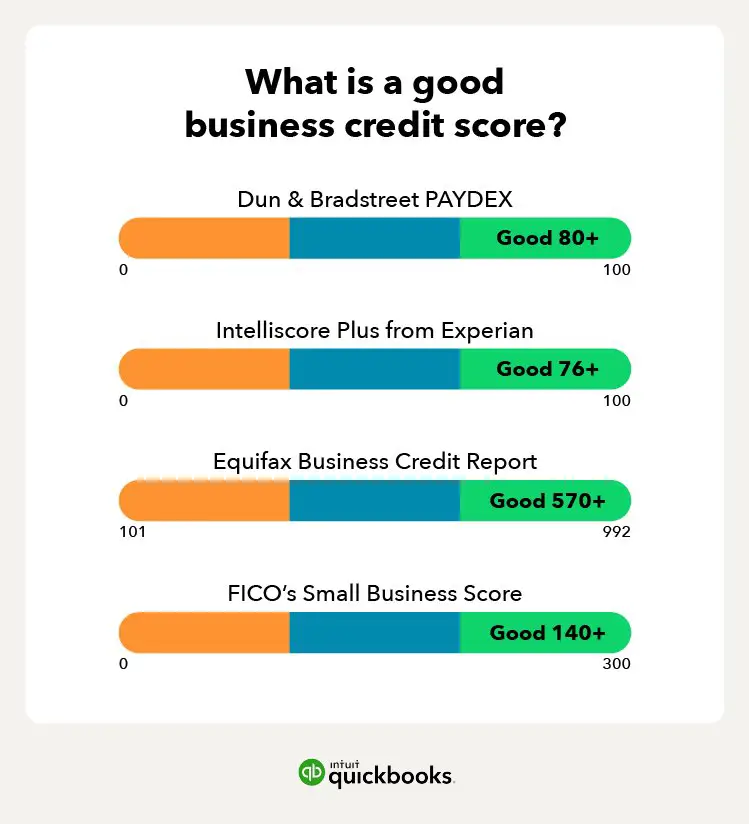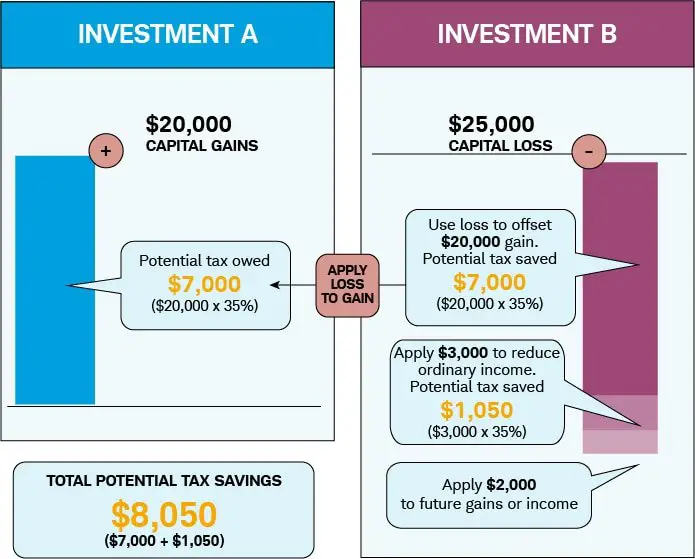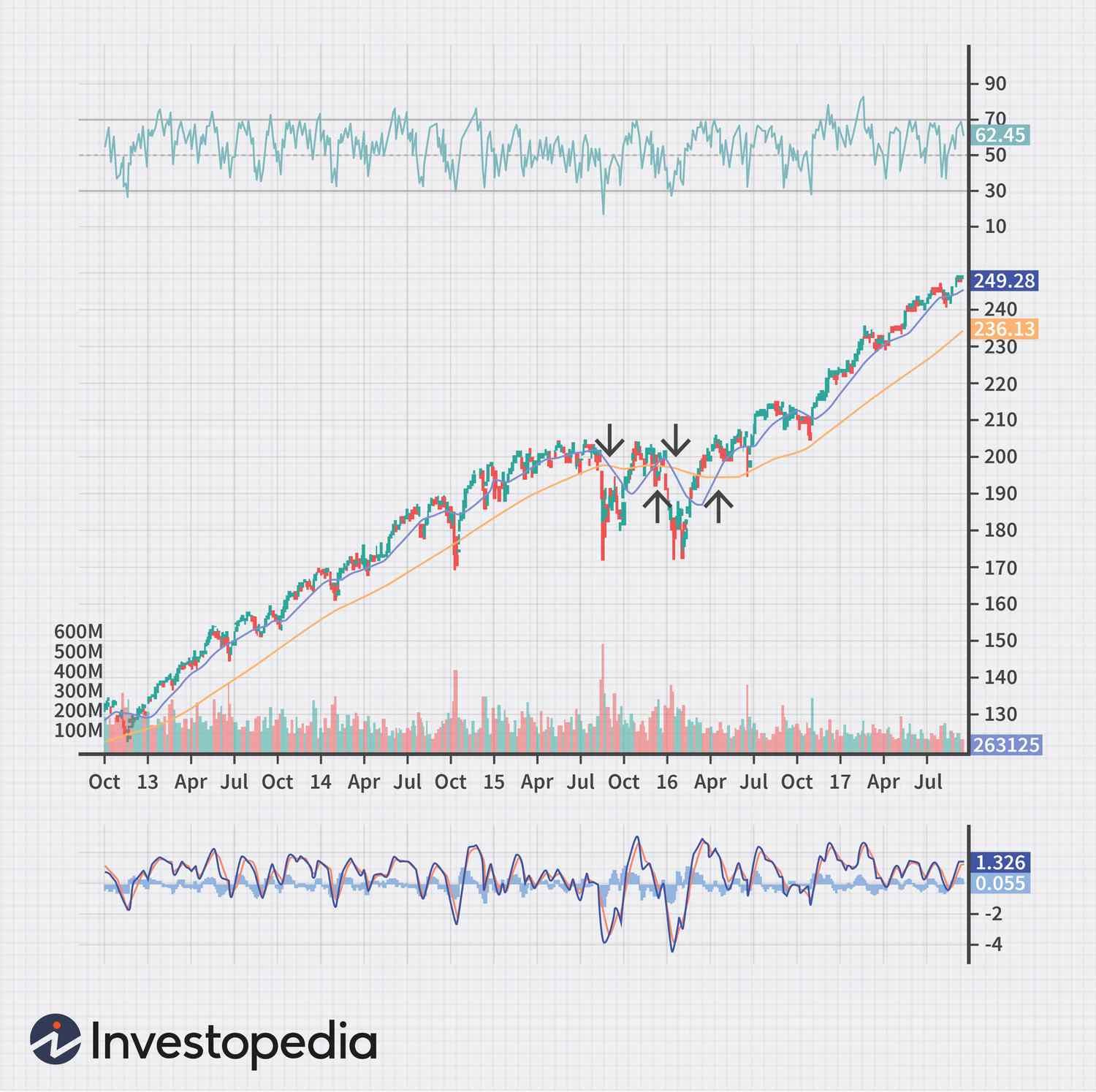Looking to save money on your first car? You’re in the right place! Buying a car can be a significant financial commitment, but with a little knowledge and some smart strategies, you can stretch your budget and still drive away with a reliable set of wheels. In this article, we’ll share practical tips for saving money on your first car, from finding the best deals to negotiating the price and considering long-term costs. Whether you’re a student, a recent graduate, or simply looking to make a wise investment, these tips will help you navigate the car buying process without breaking the bank. So, let’s dive in and learn how to save money on your first car!
Tips for Saving Money on Your First Car
Buying your first car is an exciting milestone in life, but it can also be a significant financial investment. From the purchase price to long-term expenses like insurance and maintenance, owning a car can quickly add up. However, with a little planning and some smart strategies, you can save money and make the most of your first car purchase. In this article, we’ll explore various tips and techniques to help you save money when buying and owning your first car.
1. Set a Budget
Before beginning your car search, it’s essential to establish a realistic budget. Determine how much you can comfortably afford to spend on a car without putting a strain on your finances. Consider all your monthly expenses, including insurance, gas, and maintenance costs, when setting your budget. By having a clear understanding of your financial limitations, you can avoid overspending and make a more informed decision.
2. Consider Your Long-Term Costs
When purchasing a car, it’s crucial to consider the long-term costs associated with ownership. While the initial purchase price is significant, it’s not the only expense you’ll encounter. Research and compare insurance rates for different car models before making a decision. Additionally, take into account estimated fuel efficiency, maintenance costs, and potential repair expenses based on the brand and model you’re interested in. By considering these costs upfront, you can make a more informed decision and potentially save money in the long run.
3. Opt for a Used Car
While the allure of a brand new car is hard to resist, opting for a used car can save you a significant amount of money. Used cars typically have a lower purchase price and can offer excellent value for your money. Consider purchasing a certified pre-owned vehicle, which often comes with a warranty and has undergone a thorough inspection. By buying used, you can avoid the steep depreciation that occurs as soon as a new car is driven off the lot.
4. Research and Compare Prices
Before making a final decision on a car, it’s essential to research and compare prices from multiple sources. Visit local dealerships, check online listings, and explore classified ads to get an idea of the market value for the make and model you’re interested in. Take your time to find the best deal, and don’t be afraid to negotiate the price. By being informed and comparing prices, you can potentially save a significant amount of money on your first car.
5. Consider Financing Options
If you’re unable to purchase a car outright, financing can be a viable option. However, it’s crucial to explore multiple financing options and shop around for the best interest rates and terms. Check with local banks, credit unions, and online lenders to find competitive rates. Aim to secure the shortest loan term possible while ensuring that the monthly payments fit comfortably within your budget. By getting the most favorable financing terms, you can save money on interest over the life of the loan.
6. Don’t Forget About Insurance
Car insurance is a mandatory expense, but it doesn’t mean you have to pay exorbitant rates. Shop around and obtain quotes from multiple insurance providers to find the best coverage at the most affordable price. Consider higher deductibles to lower your premium, but make sure you have enough savings to cover the deductible in case of an accident. Additionally, ask about available discounts, such as safe driver or student discounts, which can significantly reduce your insurance costs.
7. Maintain Your Car Regularly
Proper car maintenance is crucial for extending the lifespan of your vehicle and avoiding costly repairs. Follow the manufacturer’s recommended maintenance schedule and perform routine maintenance tasks, such as oil changes, tire rotations, and fluid checks, on time. By taking care of your car, you can prevent potential issues from becoming major problems, saving you money in the long run.
8. Practice Fuel-Efficient Driving
Fuel expenses can quickly add up, especially if you have a long commute or frequently drive long distances. To save money on gas, practice fuel-efficient driving techniques. Avoid aggressive driving, maintain a steady speed, and use cruise control when appropriate. Additionally, remove unnecessary weight from your car and keep your tires properly inflated. These simple habits can improve your fuel efficiency and save you money at the pump.
9. Utilize Carpooling or Public Transportation
Consider carpooling with colleagues or classmates, or explore public transportation options if they are convenient and cost-effective in your area. Sharing rides or using public transportation can significantly reduce your fuel and parking expenses. This approach also helps reduce traffic congestion and contributes to a greener environment.
10. Plan Ahead for Parking
Parking fees can quickly add up, especially if you live or work in a busy city. Research affordable parking options near your home or workplace and consider long-term parking permits if available. Additionally, explore alternatives like free street parking or car-sharing services for occasional use instead of paying for daily parking. By planning ahead and being strategic with parking, you can save a considerable amount of money.
11. Compare Maintenance and Repair Costs
Before deciding on a car, research the maintenance and repair costs associated with different makes and models. Some vehicles tend to have higher repair costs due to the availability of parts or specialized mechanics. Opting for a car with lower maintenance and repair costs can save you money in the long term. Look for reliable brands and models with a reputation for affordability and ease of repair.
12. Drive Safely and Avoid Accidents
Being a responsible and safe driver can save you more than just potential injury and damages. By avoiding accidents and maintaining a clean driving record, you can benefit from lower insurance rates. Many insurance companies offer safe driver discounts, which can significantly reduce your premium over time. Additionally, practicing defensive driving techniques helps you avoid costly repairs and potential increases in insurance costs.
13. Consider Car-Sharing or Rental Services
If you don’t need a car on a daily basis, consider car-sharing services or rentals instead of owning a vehicle. These services can provide you with the convenience of a car when necessary without the expenses of ownership. Evaluate whether subscribing to a car-sharing service or renting a car for specific occasions would be more cost-effective for your needs.
14. Take Advantage of Manufacturer Incentives
When shopping for a new car, keep an eye out for manufacturer incentives and special offers. Automakers often provide rebates, low-interest financing, or cashback incentives to attract buyers. Research current promotions and take advantage of these deals to save money on your first car purchase.
15. Negotiate Your Purchase
Don’t be afraid to negotiate the price when buying a car. Dealerships expect customers to bargain, so it’s essential to do your research, know the market value, and be confident in your negotiation skills. By negotiating effectively, you can potentially save a significant amount of money on the purchase price or secure additional perks such as free maintenance services or extended warranties.
Saving money on your first car is not as challenging as it may seem. By following these tips and being a savvy shopper, you can make a wise financial decision and maintain your budget. Remember, it’s essential to prioritize your needs, consider long-term costs, and be proactive in your research and negotiation. With proper planning and knowledge, you can find the perfect first car without breaking the bank.
5 Ways To Save Money When Buying Your First Car
Frequently Asked Questions
Frequently Asked Questions (FAQs)
How can I save money on my first car?
There are several ways you can save money on your first car:
Is it better to buy a new or used car?
Buying a used car is generally a more cost-effective option as new cars depreciate quickly in their first few years. However, it ultimately depends on your personal preferences and budget.
What are some tips for negotiating the price of a car?
When negotiating the price of a car, it’s important to research the market value of the specific make and model you’re interested in. Be prepared to walk away if the dealer is not meeting your desired price.
Are there any financing options available for first-time car buyers?
Yes, there are financing options available specifically for first-time car buyers. You can consider getting a loan from a bank, credit union, or exploring dealership financing options.
Should I consider leasing instead of buying a car?
Leasing a car can be a viable option if you want lower monthly payments and prefer driving a new car every few years. However, you won’t own the car at the end of the lease, and there may be mileage restrictions.
What are some ways to reduce car insurance costs?
To reduce car insurance costs, you can consider raising your deductible, maintaining a clean driving record, bundling insurance policies, and comparing quotes from different insurance providers.
How can I save money on car maintenance and repairs?
Regular maintenance is key to preventing costly repairs. You can save money by learning basic car maintenance tasks, comparing prices at different repair shops, and considering used or aftermarket parts when necessary.
Are there any additional costs I should consider when buying my first car?
Apart from the purchase price, you should also consider additional costs such as taxes, registration fees, insurance, maintenance, and fuel expenses when budgeting for your first car.
Final Thoughts
In conclusion, when it comes to saving money on your first car, there are several tips to keep in mind. First, consider buying a used car instead of a new one, as they tend to be more affordable. Additionally, research and compare prices from different sellers to ensure you’re getting the best deal. Don’t forget to factor in maintenance and insurance costs when budgeting for your car. Lastly, consider financing options and negotiate for a lower interest rate. By following these tips for saving money on your first car, you can make a wise and affordable purchase decision.



